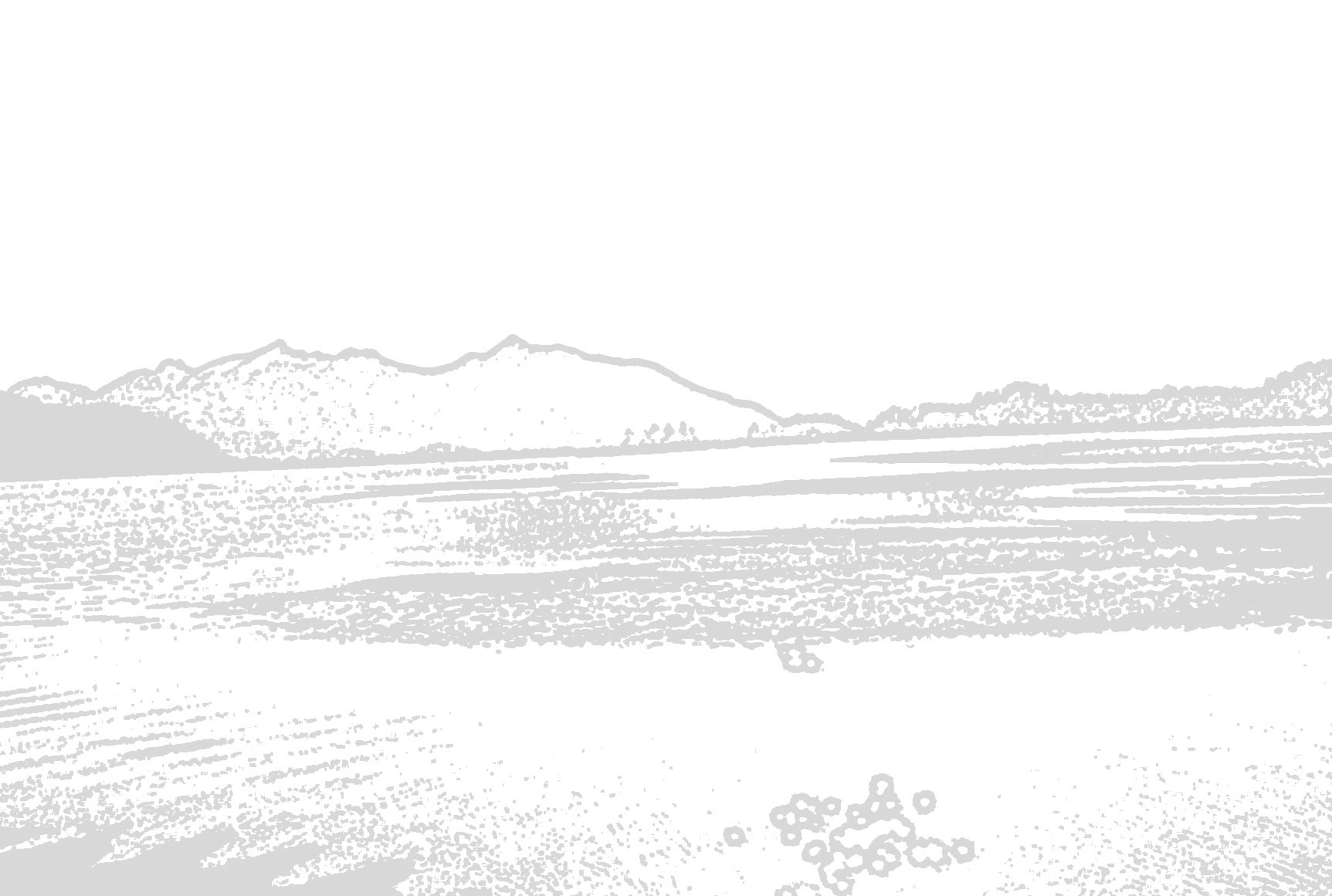
TRAININGS
COMMUNITY TRAINING

SAFV offers a free annual community training about issues including domestic violence, sexual assault, child abuse, trauma-informed women's and legal advocacy, mandatory reporting, role of law enforcement, substance abuse and domestic violence, cultural considerations, prevention, and self-care.
This 27-hour program that usually stretches over three weeks and is offered every fall. Participants who attend all sessions and receive an additional 13-hour on-the-job
training at SAFV qualify for the state mandate of 40 hours necessary to become a women’s advocate. We encourage participants who fulfill this requirement to become a volunteer advocate. To see the topics at the 2016 community training, see the 2016 Training Schedule. If you are interested in attending our next annual training (usually offered in the fall), please contact us at info@safv.org.
Fall 2018: No Training will be offered in 2018. SAFV will be moving to interim quarters in September 2018 while our building will be renovated and expanded. However, please call Martina or Natalie at 907-747-3370 if you are interested in advocacy training. We can point you to an online option.
ALASKA NATIVE DIALOGUE ON RACIAL EQUITY

Alaska Native Dialogue on Racial Equity (ANDORE) is a statewide project through First Alaskans Institute that aims to initiate, foster and grow racial healing by engaging Alaskans in meaningful conversations on race, racism and racial equity to move communities into a place of understanding, healing and growth.
In the spring of 2014, approximately 20 Sitkans from social service agencies, the Sitka School District, Sitka Tribe of Alaska, and city government participated in a half-day conversation exploring institutionalized racism.
The ANDORE facilitators brought useful tools for examining personal experiences with racism, where it shows up in Sitka and how it intersects with other social issues such as sexism, domestic violence and poverty. Participants brainstormed ways our community systems and organizational infrastructures could be more equitable and more accessible to all.


